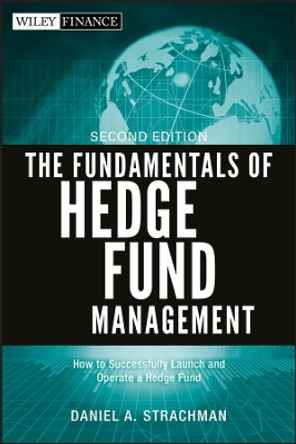Description
Charts the rise and fall of confrontational hedge fund activism in Japan.
About the Author
John Buchanan is a research associate at the Centre for Business Research, Judge Business School, University of Cambridge. His first degree was in oriental studies and subsequently he worked as a commercial banker in Brazil, Japan and Spain, and then as an investment banker in the UK and Japan, at both British and Japanese banks. He has been studying Japanese corporate governance since 2002. Dominic Chai is Assistant Professor of Strategy and International Management at Seoul National University. He has held a faculty position at Manchester Business School, University of Manchester and a junior research fellowship at the Centre for Business Research, Judge Business School, University of Cambridge. Simon Deakin is Professor of Law in the Faculty of Law and an associate faculty member of the Judge Business School at the University of Cambridge. He has directed an interdisciplinary programme of research on corporate governance at the Centre for Business Research in Cambridge since the early 1990s. He was elected a fellow of the British Academy in 2005.
Reviews
'Burrough and Helyar's Barbarians at the Gate now has a worthy successor. Buchanan et al.'s subtitle might be 'The Barbarians with a Foot in the Door'. The 'activist' American and European funds have acted as the advance guard of that 'pure' form of Anglo-Saxon capitalism which sees shareholder profit as the supreme good. Their descriptions of the funds' various raids on decently efficient but naive Japanese companies make fascinating reading, and their judgements are judicious.' Ronald Dore, London School of Economics and Political Science
'Quiet hedge fund activism has been more successful than noisy activism in Japan. Buchanan, Chai and Deakin show why, guiding us through the nuances of Japanese corporate governance. Perhaps their greatest achievement, though, is to further situate Japanese corporate governance as an understandable postwar response to the (universal) incompleteness of company law for joint stock companies, socially conditioned like the responses which created shareholder primacy and hedge fund activism in the US.' Hugh Whittaker, University of Auckland
'No-one, not even among Japanese scholars, has ever successfully uncovered the full story of hedge fund activism in Japan. This truly pioneering work depicts the eventual failure of confrontational hedge fund activism in Japan after its rapid rise and momentary success. The authors also shed light on the limitations of the shareholder primacy model, emphasizing the resilience of the Japanese 'firm-centric' corporate governance model in the recent unprecedented turmoil.' Takeshi Inagami, Professor Emeritus of Industrial Sociology, University of Tokyo
'Well-researched and illuminating.' Financial Times
'Even without an understanding of this literature, readers will of course find this book a treasure trove of stimulating ideas and will enjoy the anecdotes and examples introduced on nearly every page.' Administrative Science Quarterly
Book Information
ISBN 9781107016835
Author John Buchanan
Format Hardback
Page Count 388
Imprint Cambridge University Press
Publisher Cambridge University Press
Weight(grams) 740g
Dimensions(mm) 235mm * 157mm * 22mm










